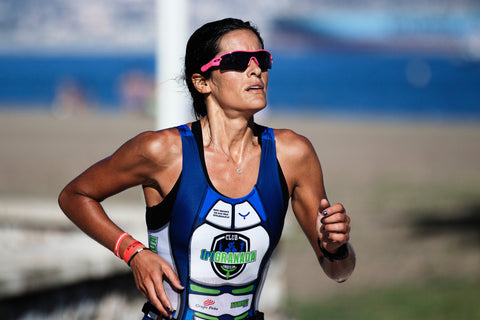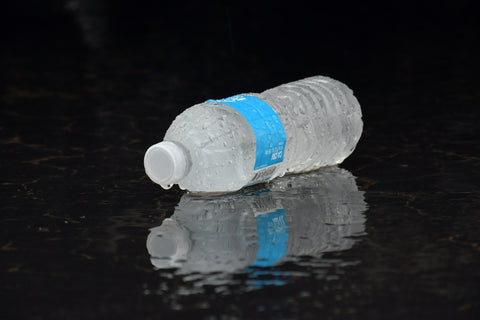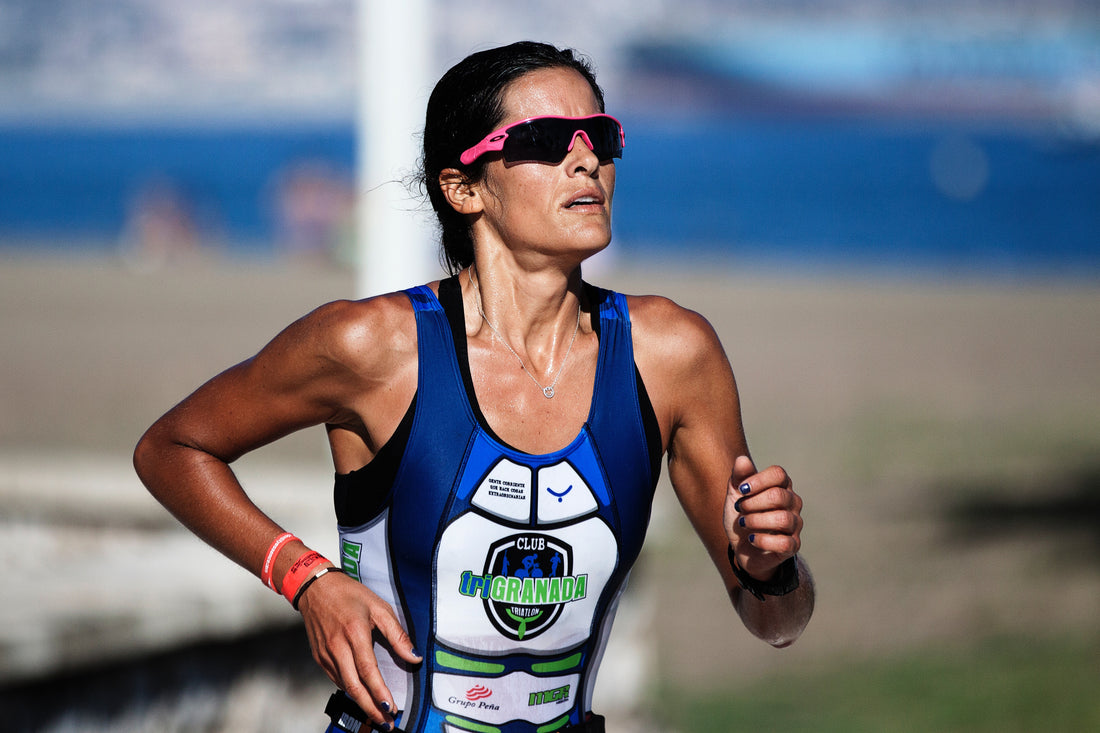As this heatwave continues and summer races roll in, we want to keep you safe and active whilst exercising in the sun. Races don’t depend on perfect weather, so your training can’t either. This blog will inform you of the best ways to train in hot or humid summer climates.

Expect the Best, Prepare for the Worst
It’s not unusual to find excuses to avoid exercising in the sun. Yes, you could choose to run at sunrise or sunset to avoid the heat, but – permitting you aren’t experiencing 40-degree tropical climates – deciding to run in hot weather now, can better your ability to withstand tough conditions down the line. Lawrence Armstrong – a professor at Connecticut university specialising in human physiological responses to exercise – discovered that, after training consistently for 2 weeks, our bodies naturally adapt to make exercise much easier. Breezy, overcast weather might be preferred, but being prepared for the worst will only make the experience more enjoyable, should the weather on the day prove optimal.
Stay hydrated!

What you're ingesting before, during and after a race is of paramount importance. Normal water is often a runner’s only considerations, but what else might you need? Writing for Hammer Nutrition, Steve Born alludes to the importance of balancing electrolytes.
“Electrolytes are chemicals that form electrically charged particles (ions) in body fluids. These ions carry the electrical energy necessary for many functions, including muscle contractions and transmission of nerve impulses. Many bodily functions depend on electrolytes. Optimal performance requires a consistent and adequate supply of these important nutrients.”
As we lose precious electrolytes through sweat, it’s crucial that athletes take measures to keep them topped-up. I personally use SIS gels. SIS gels come in all kinds of fruit flavours and they help balance said electrolytes, whilst keeping energy supplies high and muscles strong. Hydration might be your primary concern, however, SIS gels and water containing extra electrolytes might also be worth considering.
Reduce your pace and running intensity
Ardent celebrates athletes that break boundaries, and we especially endorse those that accomplish such feats by training smart and effectively. Running in warmer weather is always more challenging (due to reduced oxygen in the air we breathe). Athletes are faster in cooler temperatures; bearing this is mind, it is essential to adapt your running intensity according to the weather. Brett Ely is a fantastic example of a women who surpassed expectation during a Miami Marathon in 2010, simply allowing herself to adapt to weather conditions. Despite slowing her pace to achieve a much slower than usual 2:45 time, Ely actually beat an athlete who had been consistently running at 2:38. Slowing down to accommodate for the heat, actually improved her overall performance.
To Be Your Best… Rest

It is important that you get about 2-3 days’ rest prior to the race. Endurance races are extremely demanding; you don't want to strain your legs, hurt yourself or get dehydrated because you wanted to train - that's not smart. With 3 days to go, training is complete, and your body is as ready as it can be. Don't overstress, take time to chill and continue eating healthily.

